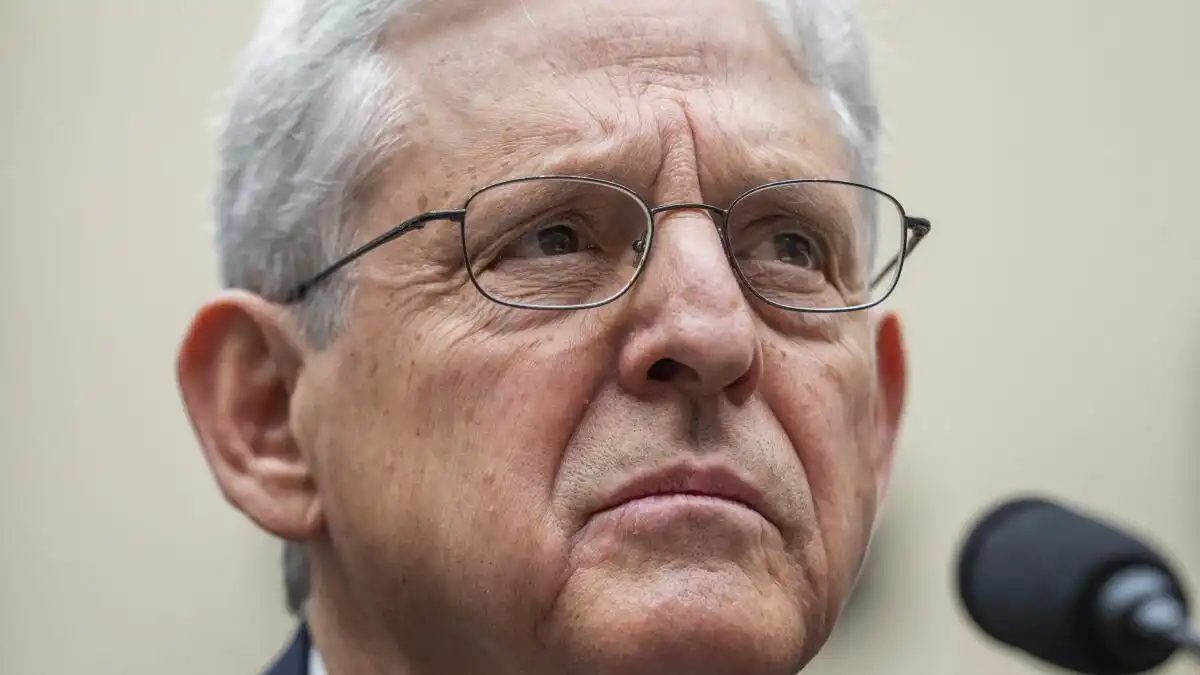
Republican vote, Merrick Garland, contempt of Congress
Merrick Garland held in contempt by House Republicans for refusing to provide audio related to Biden's handling of classified documents.
7939 NW 21st St
Miami, Florida

Merrick Garland held in contempt by House Republicans for refusing to provide audio related to Biden's handling of classified documents.
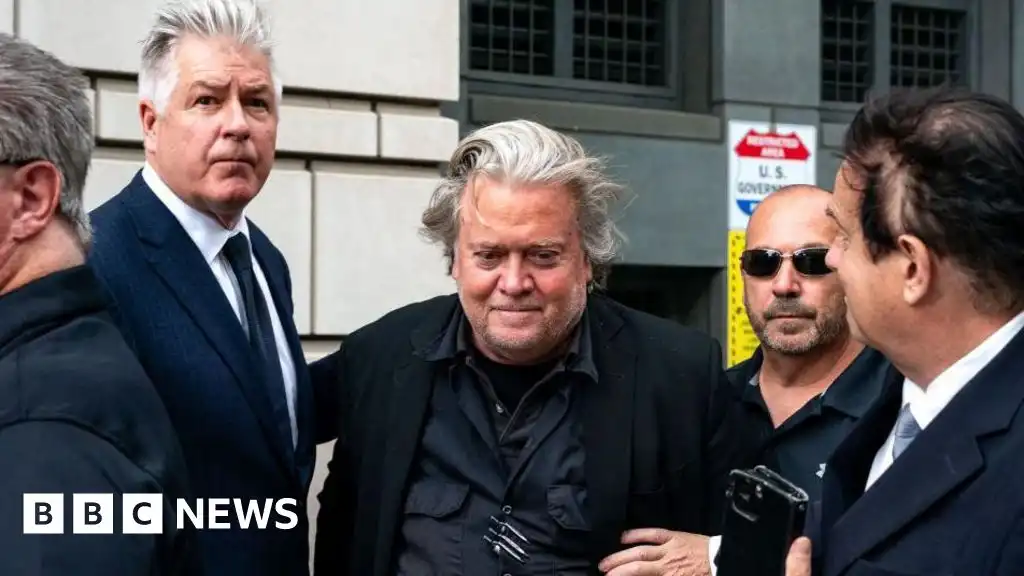
Steve Bannon vows to take legal battle to Supreme Court after being held in contempt for refusing to testify. #Bannon #SupremeCourt #LegalBattle
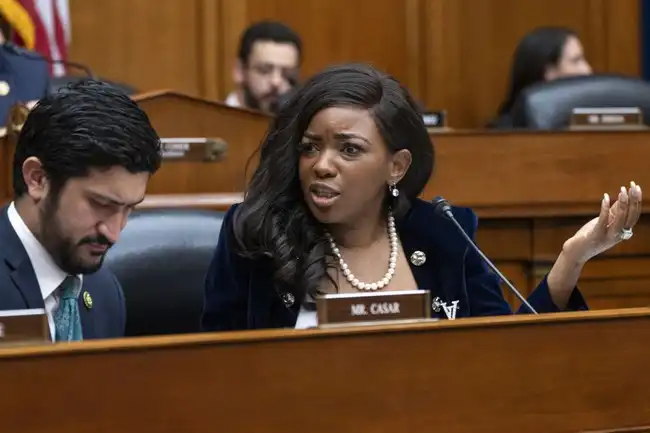
House Judiciary Committee advances contempt resolution against AG Garland over Biden audio recordings, leading to fiery exchanges among lawmakers.
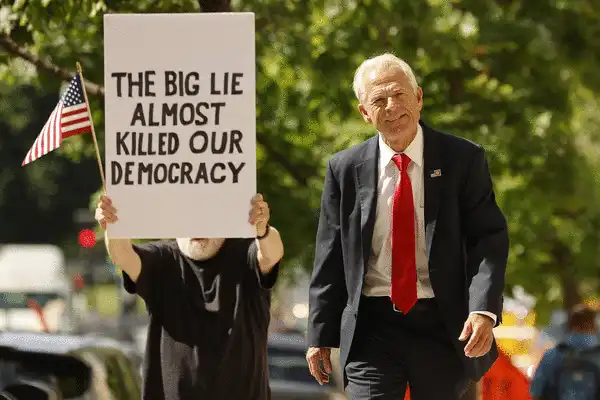
Former Trump adviser Peter Navarro sentenced to 4 months in prison for ignoring subpoenas from House panel investigating Jan. 6 attack.
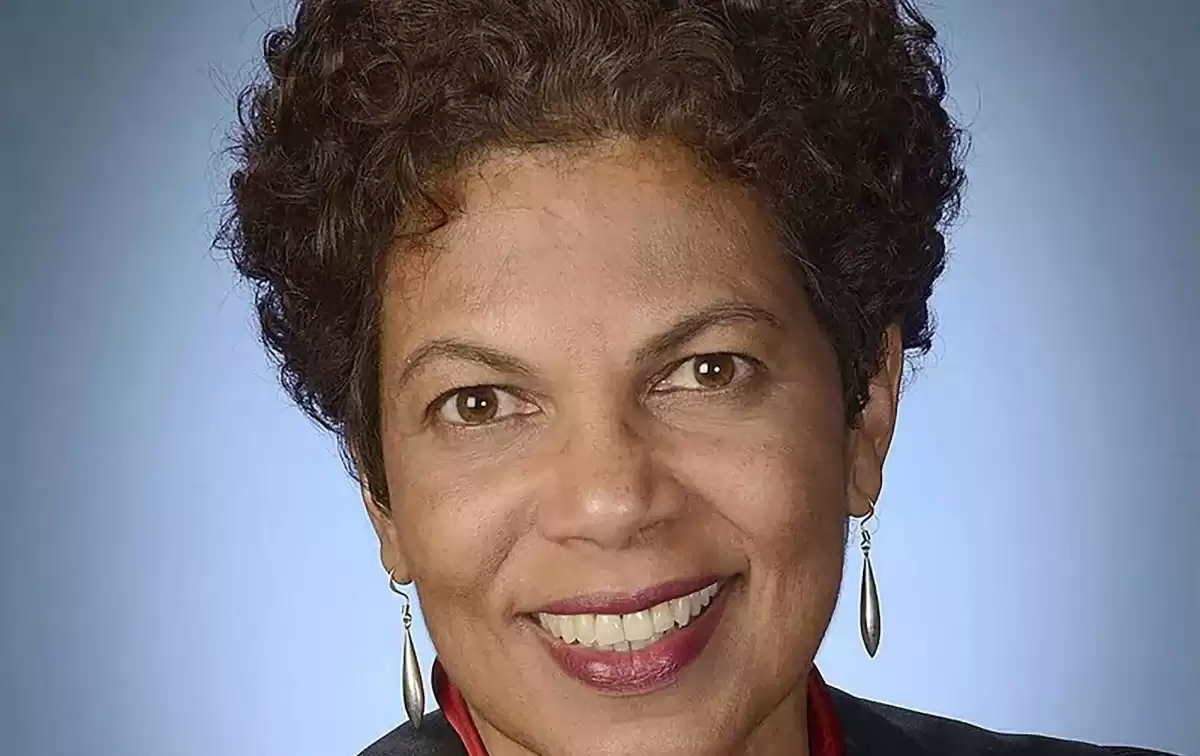
Judge overseeing Trump's Jan 6 indictment known for tough sentences on Capitol rioters, appointed by Obama.
Let’s dive into a topic that frequently pops up in news headlines but often leaves people scratching their heads—executive privilege. It's one of those legal terms that sounds fancy and important, right? Well, it is. But what exactly does it mean, and why should you care? Let’s unpack this concept together.
First off, executive privilege is essentially a president's power to refuse to disclose information regarding confidential communications or national security matters. Think of it as the White House's ability to keep its secrets under lock and key when they believe it's best for the country. Sounds straightforward enough, but here’s where things get spicy: It often leads to fierce political battles!
When you're skimming through news articles about executive privilege, you'd typically find stories revolving around three major angles: impeachment proceedings, congressional investigations, or court cases challenging presidential powers. For instance, during Watergate in 1974—a term almost synonymous with scandal—President Nixon tried using executive privilege to resist handing over tape recordings tied to the break-in at Democratic National Committee headquarters. Spoiler alert: didn’t go well for him.
More recently (and let’s face it more entertainingly), former President Donald Trump invoked executive privilege multiple times during his administration. From withholding documents related to Ukraine dealings (remember impeachment version 1?) to declining testimonies during investigations of January 6th Capitol riot—news coverage on these points spurred debates like wildfires across dinner tables.
But hold on! It isn’t always Presidents who play defense; sometimes Congress doesn’t back down easily either! Remember how lawmakers subpoenaed top officials left-and-right while untangling Russia-related mysteries? Reading articles from such high-stake standoffs displays democracy flexing muscles against undue secrecy—which can be exhilarating yet equally bewildering.”
So next time someone mentions “executive privilege,” imagine an intricate chess game—with lots at stake—not just obscure lawyer jargon escaping sound bites on nightly newscasts! Grab some popcorn—it promises riveting reading material no matter which side prevails.